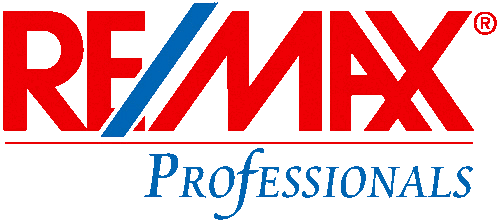By: Phillip Dumoulin
Resale value is now always considered when a potential buyer is deciding upon a home to purchase. The ongoing debate is always – where is one’s money best spent to increase the value of the home? Budgets play a big part in a renovation and I see too many “all-in” renovations… In other words, homeowners blow their entire budget on one room and neglect the rest of the home. At “for sale” time this can leave a bad taste in a purchaser’s mouth, mainly due to the renovation of the one room having dated the rest of the home even more so. Unless you have an unlimited budget, here are some helpful do’s and don’ts that should assist you when coming to the renovation decision.
- Never…ever…proceed with a cosmetic renovation when there are structural or plumbing/electrical issues with the home. I know these aren’t sexy fixes but they should always be a priority when doing renovations. Let’s face it, there is nothing worse than redoing your master en suite and then having a roof failure and water damage to the ceiling etc. I’m sure you have heard of the expression “good bones”…make sure you start any renovation with a solid foundation/structure.
- The biggest mistake I see in renovations are the disconnects, an example being granite counter tops installed on 40 year old bathroom cabinets. You may consider this an upgrade but to a potential buyer they see this as putting “lipstick on a pig”. If you are trying to sell the bathroom as updated, good luck, no buyer will pay for poor renovations, especially when they have to be completely redone.
- On a limited budget? Be smart! – consistent renovations are by far the best bang for your buck. In other words, do some mild updating in all of the rooms. You would be surprised how fresh a home looks with new paint, light fixtures/switches and modern baseboards. In most cases, for the average size home this will cost under 10K but it will most certainly add value when it comes time to re-sell.
- Changing a traditional floor plan of a home and creating a more functional one is great for resale. Tearing a wall out can create that “open concept layout” one desires and it doesn’t have to be expensive.
- Timeless design – when renovating, choose styles and fixtures that will remain current, what you like may not be appealing to the masses.
- The kitchen is always the most expensive room in the house to renovate, so proceed cautiously! It can make or break the resale of the home so choose your layout, design and fixtures with care and hiring a designer for input, wouldn’t be the worst decision one could make.
So remember to always have a plan before starting a renovation. There is nothing worse than a half finished kitchen and no money left in the budget to finish it!
http://www.hgtv.ca/urbansuburban/article/what-key-elements-of-the-home-will-increase-resale-value/













 If your house could be sold looking the way a model home does, do you think it might bring in more money? Chances are it would. That’s why home staging is a growing profession that’s rapidly changing the way homes are sold.
If your house could be sold looking the way a model home does, do you think it might bring in more money? Chances are it would. That’s why home staging is a growing profession that’s rapidly changing the way homes are sold.



